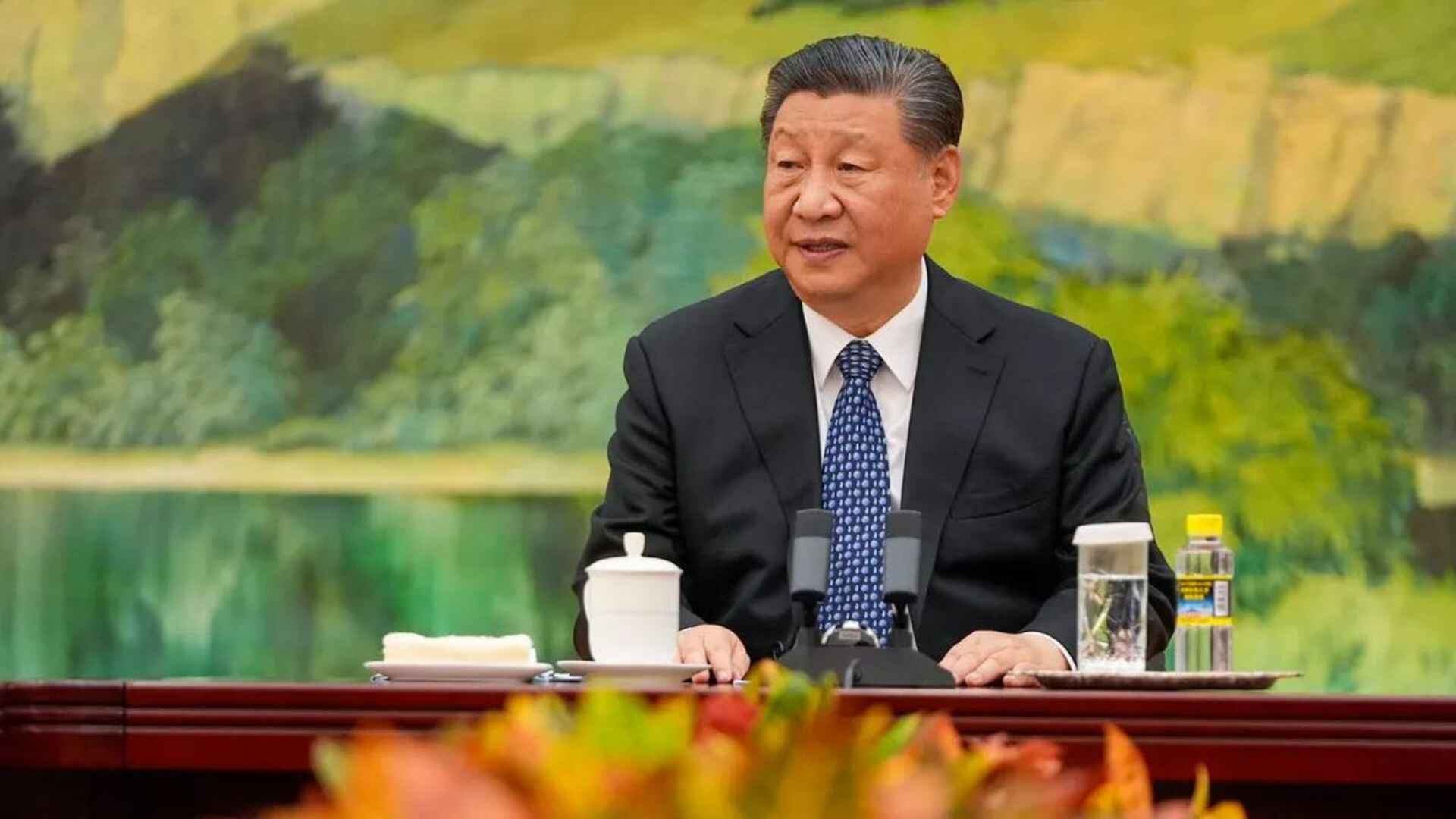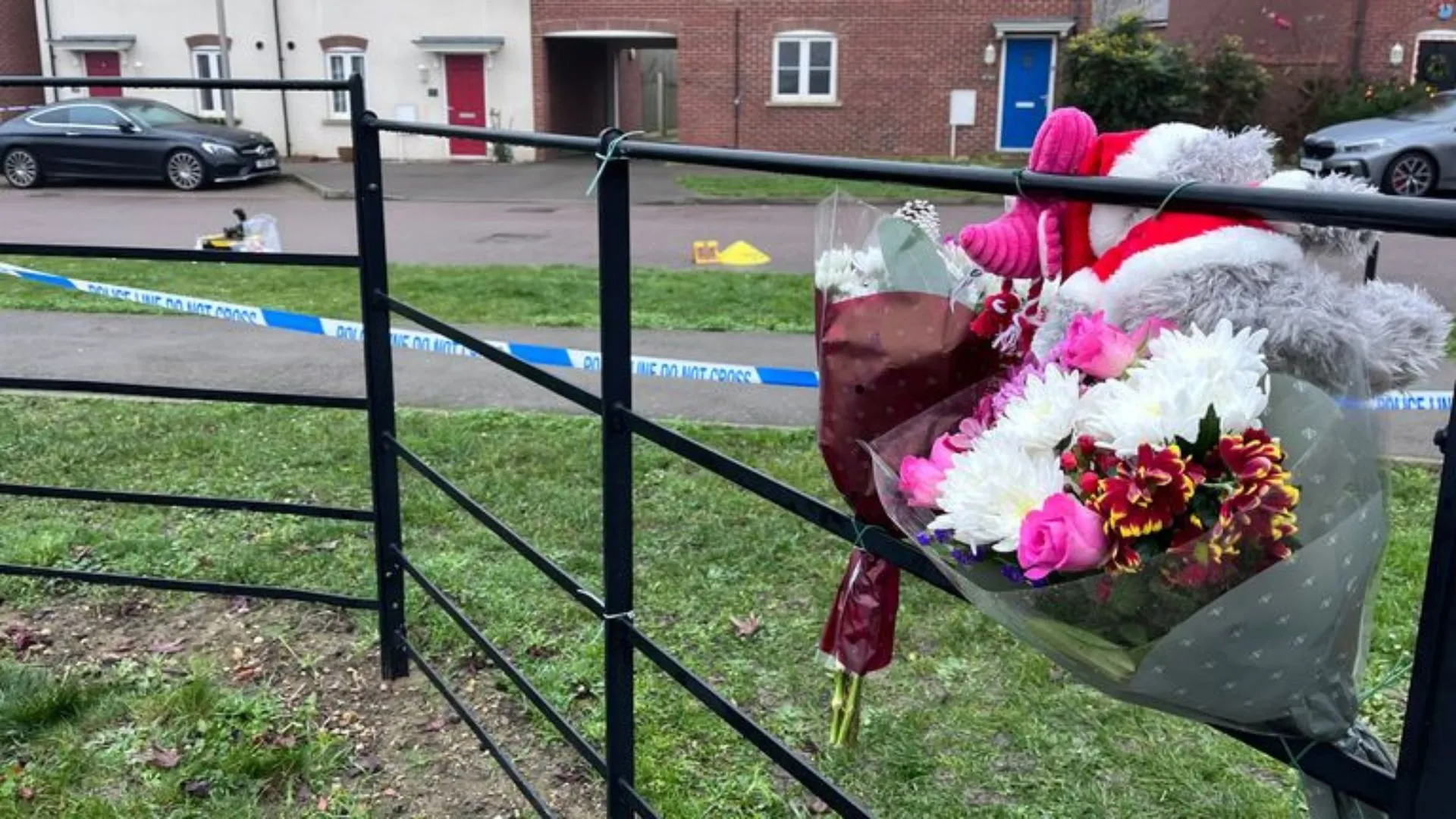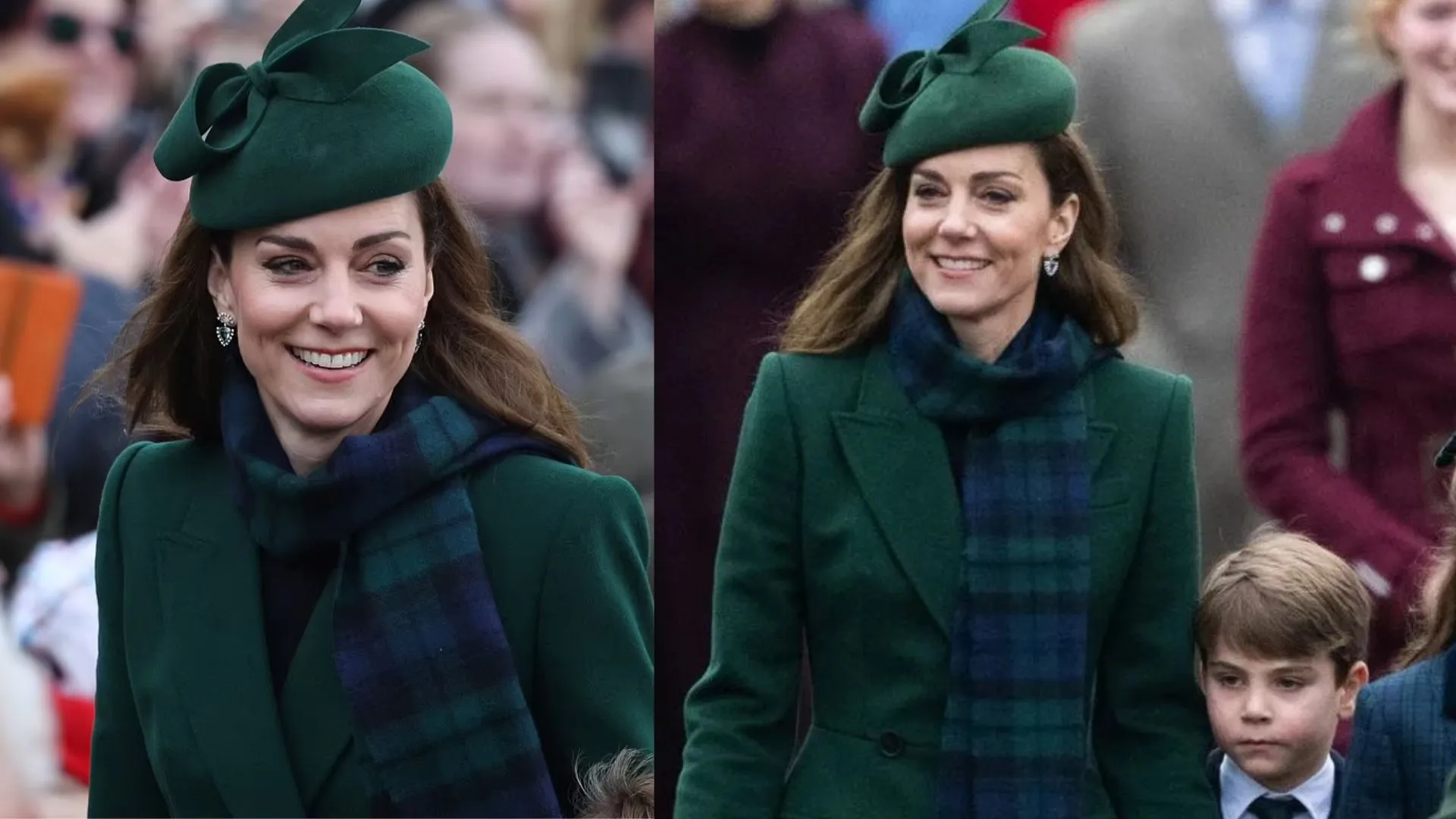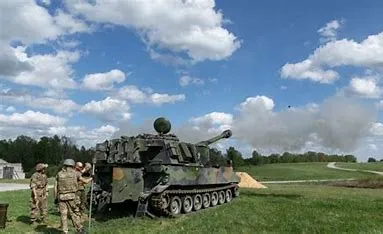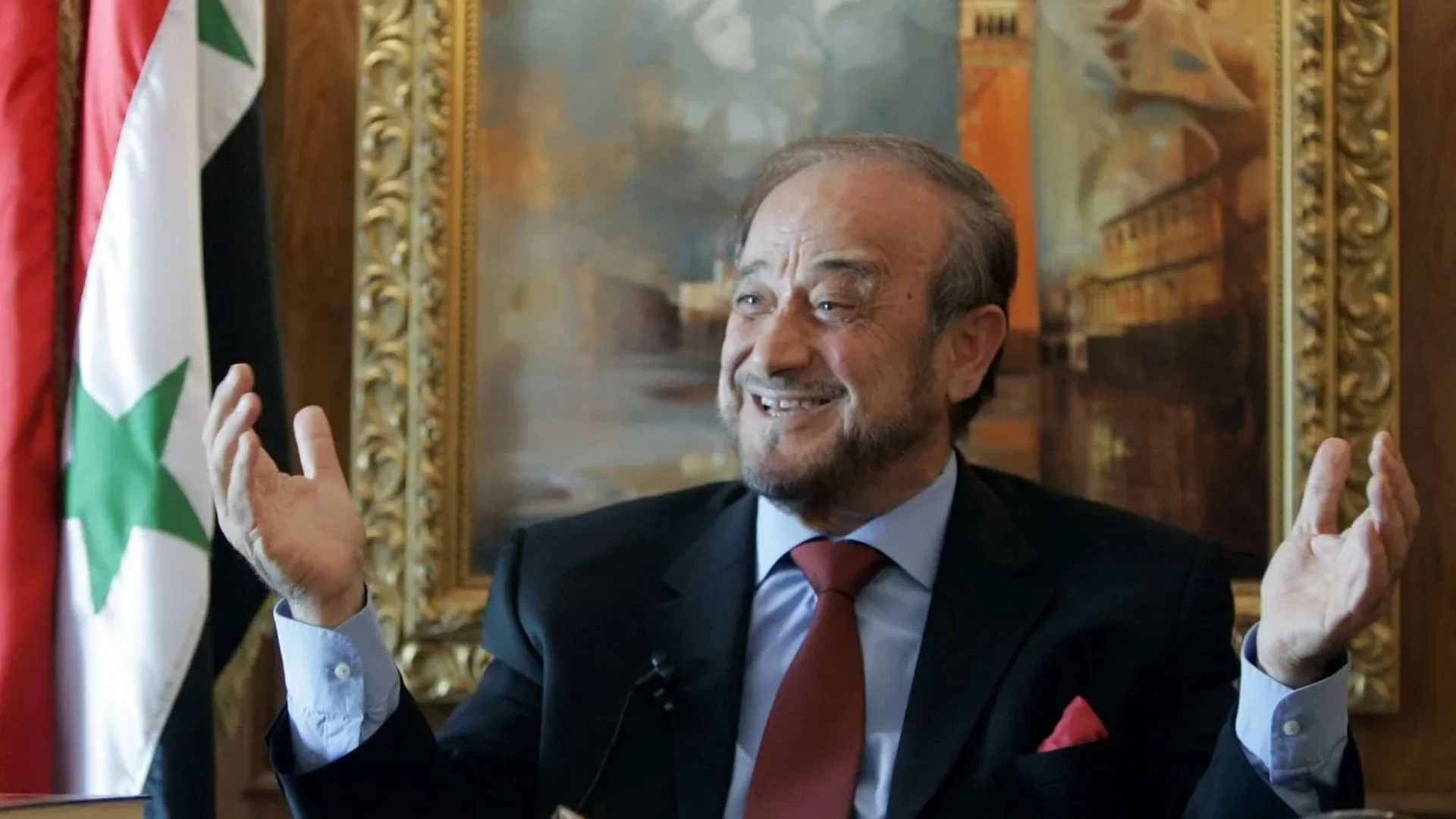The People’s Liberation Army (PLA) is once again embroiled in a high-profile scandal. Admiral Miao Hua, the Director of the Political Work Department, is under investigation for “serious violation of discipline.” On November 28, the Ministry of National Defense (MND) announced his suspension, revealing that Miao had been detained on November 9.
Miao’s Background and Xi’s Influence
Miao was a top member of the Central Military Commission (CMC) and had a close connection to President Xi Jinping. His career path mirrors Xi’s strategy of appointing loyalists. Initially stationed with the ground forces facing Taiwan, Miao transitioned to the PLA Navy in 2014, where he became its political commissar. This move demonstrated Xi’s pattern of promoting individuals based on personal loyalty rather than traditional military networks.
Clear Out of PLA Leaders
This scandal is not an isolated case. It adds to the ongoing investigations within the PLA under Xi’s anti-corruption campaign. According to Lyle Morris from the Asia Society Policy Institute, the investigation into Miao, along with fellow CMC member Li Shangfu, highlights the failure of Xi’s closest PLA leaders. These leaders, who are carefully vetted, are now being scrutinized for potential corruption.
Alleged Links to Corruption
Experts like Joel Wuthnow from the National Defense University speculate that Miao’s downfall may be linked to corruption or the rise of unchecked power centers within the PLA. Corruption charges could range from disloyalty to Xi’s political agenda to forming factions that undermine his authority. Regardless of the specifics, Miao’s actions have certainly raised concerns about his loyalty and potential threats to Xi’s security.
Miao’s Influence on Military Promotions
Miao’s removal is significant, as he held control over senior military promotions. As head of the Political Work Department, he had immense influence in shaping the future of the PLA’s leadership. His connections and patronage networks are now under intense scrutiny. Notably, Miao had recommended Admiral Dong Jun to be the defense minister, which has led to further speculation. Dong, who has not appeared publicly since November, could potentially face investigation as well.
Ongoing Military Clean Up
Under Xi’s leadership, the PLA has seen one of its largest clean up in recent history, removing at least 14 senior officials over the past two years. While the PLA Rocket Force (PLARF) and Equipment Development Department were earlier targets, the PLA Navy (PLAN) is now in focus. There are even rumors that current and former political commissars of the PLAN, such as Yuan Huazhi and Qin Shengxiang, may be under investigation as well.
Corruption in the PLA
Despite Xi’s aggressive anti-corruption efforts, the problem persists. Lyle Morris argues that corruption in the PLA is deeply ingrained, stretching back to the era of Mao Zedong. According to Morris, such practices are viewed as part of the system rather than exceptions. This suggests that Xi’s reforms, while significant, have not been enough to root out corruption on a systemic level.
Questions About Xi’s Judgment
Miao’s fall from grace raises crucial questions about Xi’s leadership and his ability to select trustworthy individuals for key positions. Experts like Christopher Sharman point out that Xi’s focus seems to be on ensuring military readiness rather than maintaining political prestige. Loyalty, especially in relation to Taiwan, is now Xi’s primary concern.
Future of PLA and Xi’s Goals
Xi’s ongoing clean up reveal his desire to strengthen the PLA, even if they come with short-term setbacks. Sharman believes that Xi is more focused on preparing the military for future challenges, particularly regarding Taiwan, than on preserving internal harmony. However, the internal turmoil within the PLA may have long-term consequences for its overall readiness.
Overall, Xi remains determined to build a powerful military, the ongoing internal struggles and corruption scandals within the PLA could undermine his goal of creating a more efficient and loyal military force.

